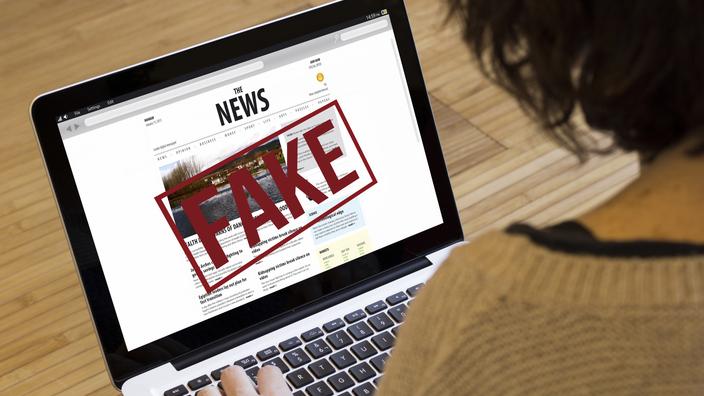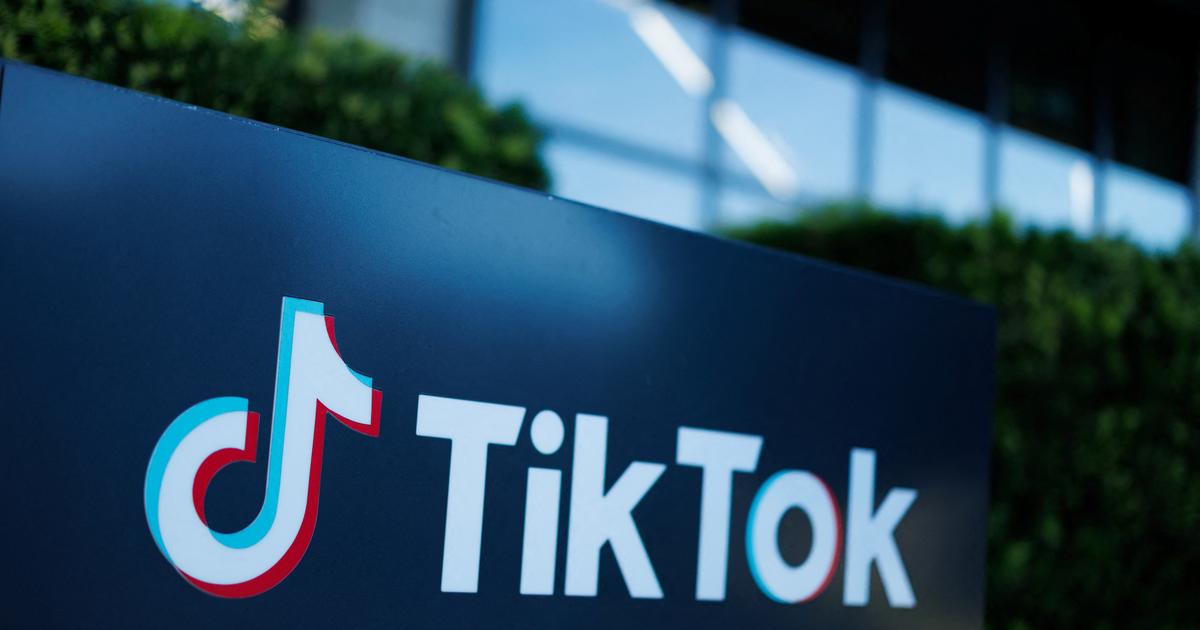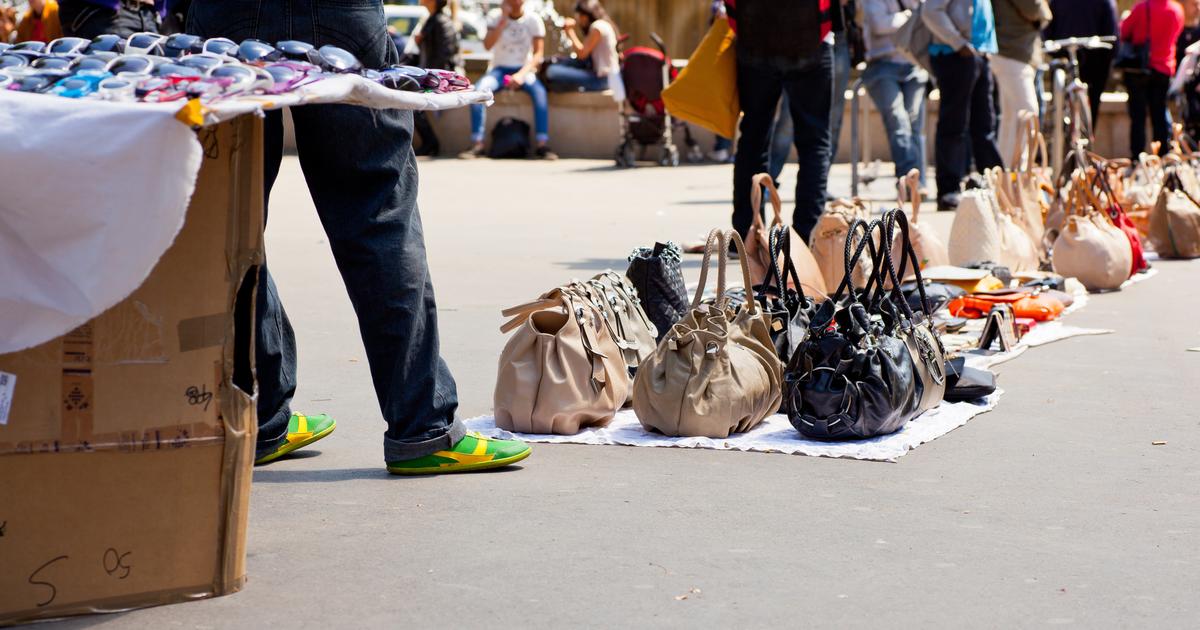“
The Enlightenment in the digital age
”. Brilliantly named, the commission launched at the end of September by the Élysée to counter “
conspiracy
” and “
fake new
s” fulfilled its mission at lightning speed. Thirty recommendations developed after three months of inventory, presented Tuesday to the Head of State, and advocating better collaboration between institutions, civil society and Gafa. First, greater involvement of the platforms themselves in regulation, as well as making their data available to researchers, to better identify the mechanisms of disinformation. Also, educational initiatives in the face of "
lazy thinking
",this temptation to "
lower one's intellectual vigilance
»Due to a digital environment steeped in algorithms.39 *
Read alsoThe CSA, fake news and the presidential election
Two bills are suggested.
The first is to integrate the broadcaster's civil liability into the law on confidence in the digital economy.
"
Any digital dissemination of news that we know to be inaccurate and which is prejudicial to others engages the civil liability of the person who commits it as well as of any person who knowingly rebroadcasts it
", suggests the report. .
The second, seize the Regulatory Authority by anyone who experiences "
difficulty in obtaining the intervention and cooperation of a platform
" to the removal of content.
"Exactly what was contained in the Avia law, and which the Constitutional Council had rejected
", points out Cyrille Dalmont, associate researcher on digital at the Thomas More Institute. Led by LREM deputy Laetitia Avia, it aimed, in 2020, to regulate “
hateful content on the Internet
”. One more initiative in a five-year period focused on the fight against disinformation: the “
infox law
” first, voted in 2018 and focused on electoral periods; then the Viginium service, against foreign interference; the call of Christchurch and the “
information and democracy partnership
” finally, in partnership with RSF. In this new assault on "
fake news
", the Sages had nevertheless pointed to a law "
liberticide
”, not“
adapted, necessary and proportionate to the aim pursued
”.
The
"
antivax
"
in the line of sight
Is the health crisis a game-changer?
With the arrival of the pandemic, France Digitale indicated in May 2020 a 56% increase in “
hate content
” online.
For the Bronner commission, the ground is ripe for the emergence of “
parallel realities
”.
"
People who would not live in the same mental world
", generating "
wishes for secession with the Republic",
explains Gérald Bronner.
"
These mental worlds lead to concrete actions: vaccine abstention, in particular
".
Read alsoSciences Po Grenoble: the right worries about freedom of expression
That the "
antivax
" were indeed targeted was one of the fears that had fueled the controversy during the creation of this commission on the presidential initiative, moreover criticized for its composition. One of its fourteen members, Guy Vallancien, former director of the Center du don des corps at René-Descartes University in Paris, had recently been blamed by the Order of Physicians, in addition to being involved in the Mediator case, this drug marketed until 2009, the harmful effects of which he had denied. Ruled out later, the damage was done: what sort of expert was supposed to define "
false information
", were they worried? And what exactly did we mean by "
conspiracy
"?
Another criticism of his detractors was the political expediency of such a mission, a few months before the presidential election. "
Is it a coincidence that the commission saw the light of day at the same time when Eric Zemmour, the one who is accused of provocative of hatred, was collecting 18% in the polls?"
, argues researcher Cyrille Dalmont, interviewed by
Le Figaro
. Faced with the reproaches, the committee assures us: its conclusions "have
done everything to avoid the trap of a partisan positioning
", and are addressed to all candidates, whatever their political color. This does not prevent their work from establishing a global landscape of disinformation. The "
fake news
" would thus arise mainly from political extremes, "
a lot to the extreme right, a little to the extreme left
, ”Gérald Bronner sketches.
A new independent body
For her part, Constance Bommelaer de Leusse, director of public policies at the Internet Society, welcomes the improved contribution of civil society to the regulatory process.
" Multi-
stakeholder management is progress
", she rejoices, however worrying about another recommendation aimed at the establishment of a new independent body, responsible for deciding, for platforms that so wish, on any request. removal of content.
“
It's a huge power.
We are talking about an independent body, but who will appoint it, finance it?
», Asks the researcher.
"
The State wants to transfer the responsibility to an annex authority, forgetting that in France, the only person empowered to order the removal of content is the judge, guarantor of freedoms
", recalls Cyrille Dalmont in turn.
Could this ad hoc committee pass?
Very likely, judges the researcher associated with the Thomas More Institute, in an exceptional context where checks and balances are weakened and the control of government action "
extremely limited
".
"
Remember, the Avia law was the first text proposed for release from confinement
," recalls the researcher.





/cloudfront-eu-central-1.images.arcpublishing.com/prisa/ELHCUHQRSFERVA3HKYGKZVLACM.jpg)



